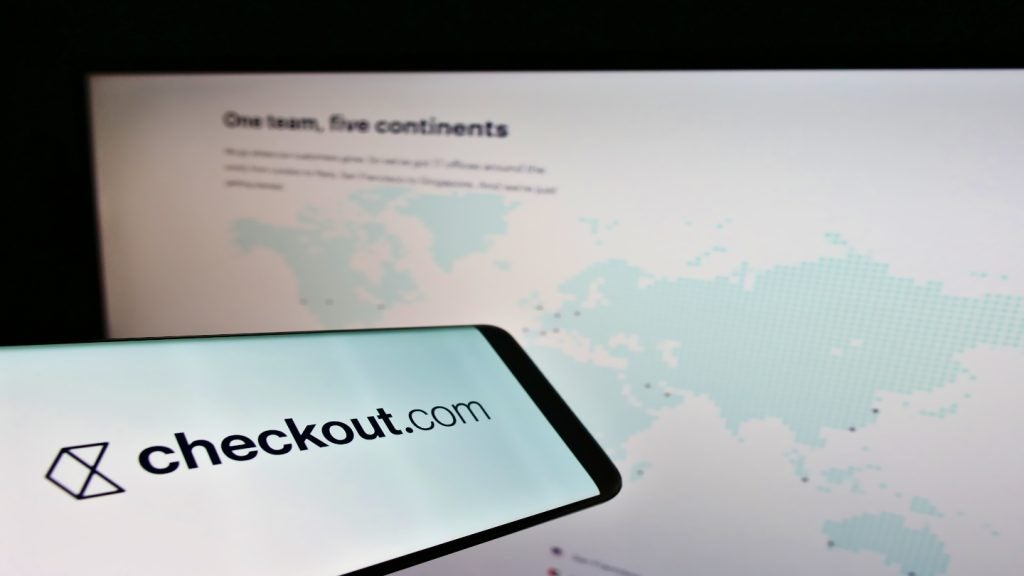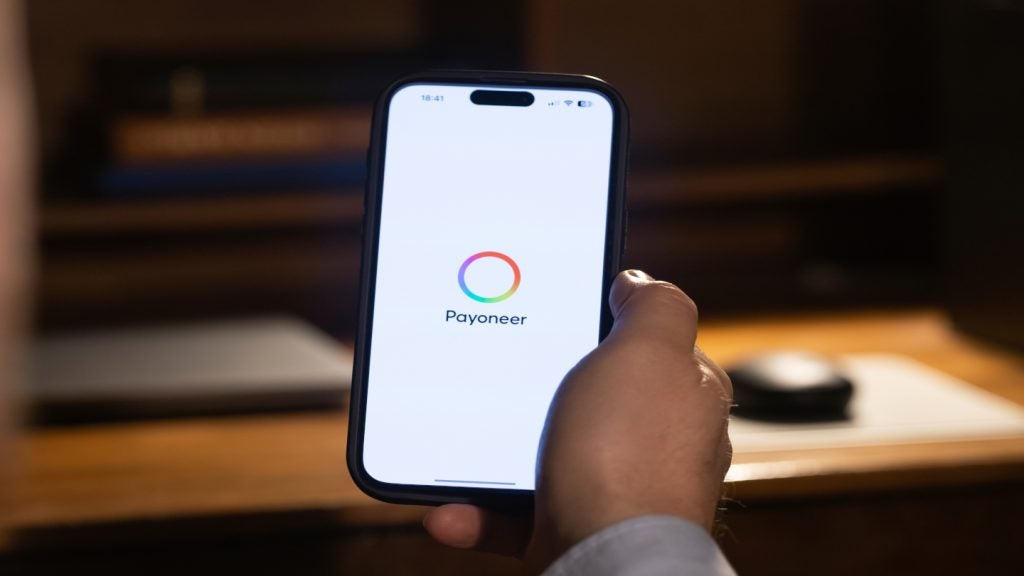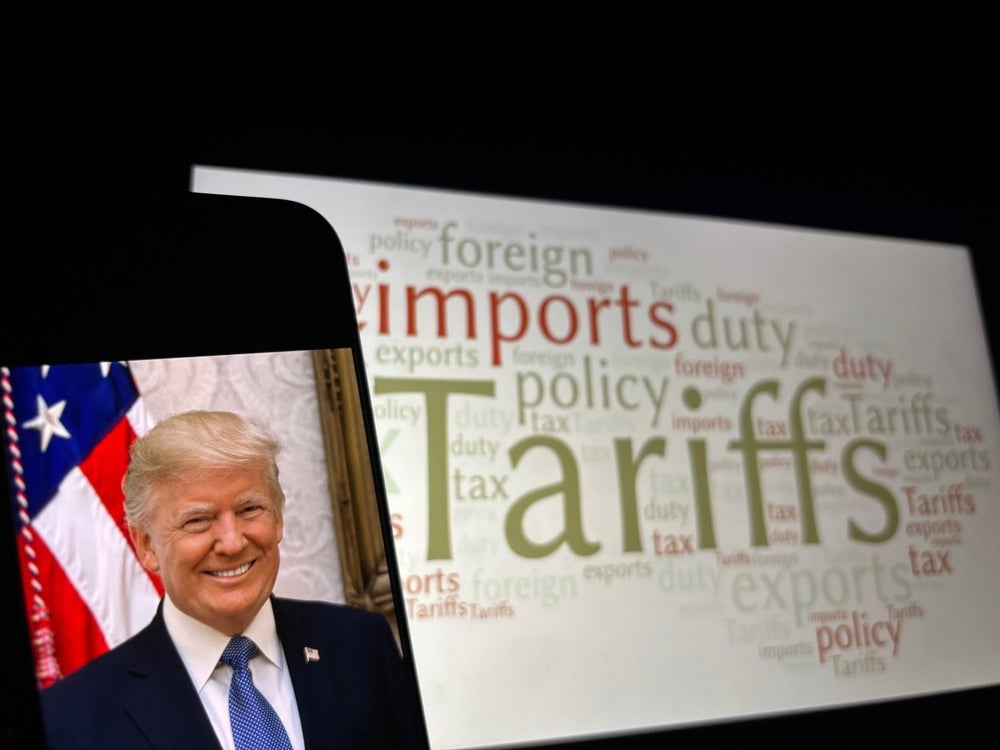A US regulator has asked major banks to think up ways of making loans to people who don’t have credit scores but who are financially responsible.
JPMorgan, Wells Fargo, US Bancorp, and others are considering a pilot programme designed to help people who have traditionally lacked opportunities to borrow.
The regulator, Office of the Comptroller of the Currency (OCC), supervises national banks and federal savings associations as well as federal branches and agencies of foreign banks.
The OCC is an independent bureau of the US Department of the Treasury.
The effort, if successful, would mark a significant change in the underwriting tactics of big banks, which for decades have enshrined credit scores and credit reports as the main tools to determine who gets a loan.
They generally reflect a person’s borrowing history in the US, including whether they pay their loans on time. Those who pay only with cash or debit cards, or who are new to the US, often don’t have credit scores.
Some 53 million adults in the US don’t have traditional credit scores, according to Fair Isaac Corp, the creator of FICO credit scores. Many are often limited to payday loans and other costly forms of credit.
FICO, originally Fair, Isaac and Company, is a data analytics company based in San Jose, California, focused on credit scoring services. Its FICO score, a measure of consumer credit risk, has become a fixture of consumer lending in the United States.
Previous efforts were limited and spotty
Black and Hispanic adults in the US are more likely than white or Asian adults to lack credit scores, according to a 2015 report by the Consumer Financial Protection Bureau.
Banks have for years tinkered with ways to approve borrowers with limited or no credit histories, though the efforts have tended to be small-scale and company-specific.
FICO announced in 2018 a scoring system that factors in how consumers manage their bank accounts. Few lenders—and no banks—signed up for it, according to people familiar with the matter.
JPMorgan, Bank of America, and other big banks in recent years developed risk models based on their own customers’ bank-account activity to approve financing for applicants with limited or no credit histories, some of the people said.
That has resulted in credit-card approvals for about 700,000 additional customers at JPMorgan alone since 2016, some of these people said.
Another George Floyd legacy
The new pilot program is designed to be farther-reaching and more organized.
About 10 banks agreed to exchange data, according to one of the people familiar with the matter, an unusual level of collaboration.
JPMorgan, for example, might approve a credit-card application from a person who has a deposit account at Wells Fargo but doesn’t have a credit score.
The plans grew out of Project REACh, or the Roundtable for Economic Access and Change, an effort launched last summer by the OCC.
After protests following the killing of George Floyd in police custody, the OCC convened bankers, financial-technology executives and non-profit leaders to brainstorm on how to increase credit access to historically disadvantaged communities.
Said Michael Hsu, the acting head of the OCC:
“Its mission—to remove barriers for minorities and underserved people to fully and fairly participate in the nation’s economy—is critically important, especially now.”







